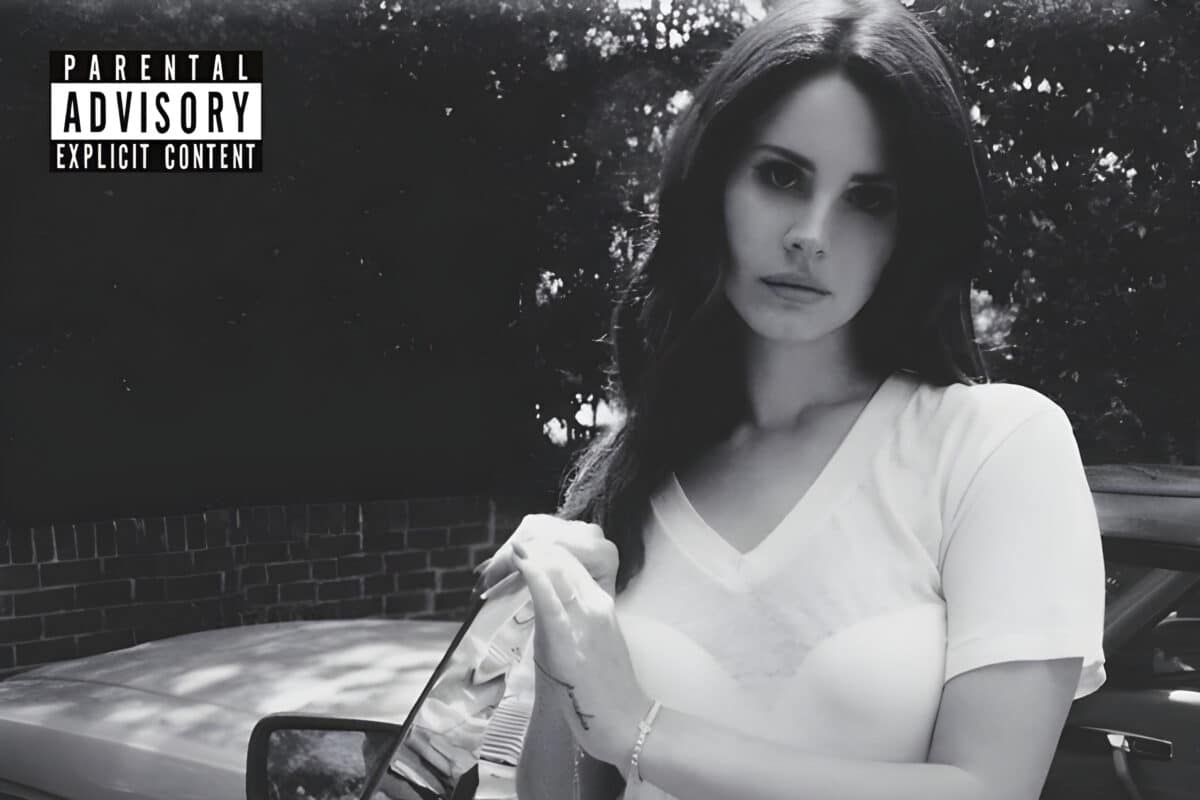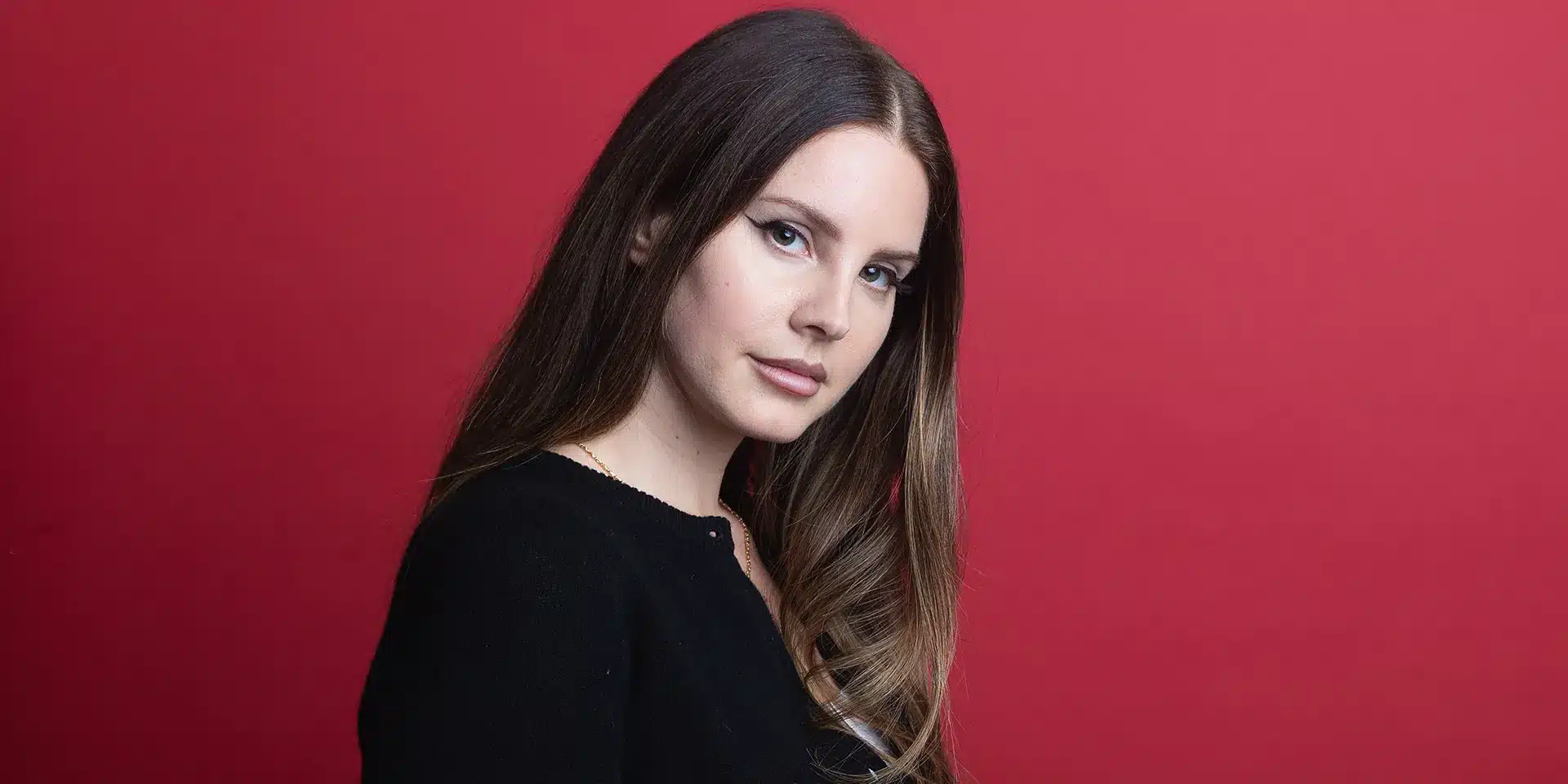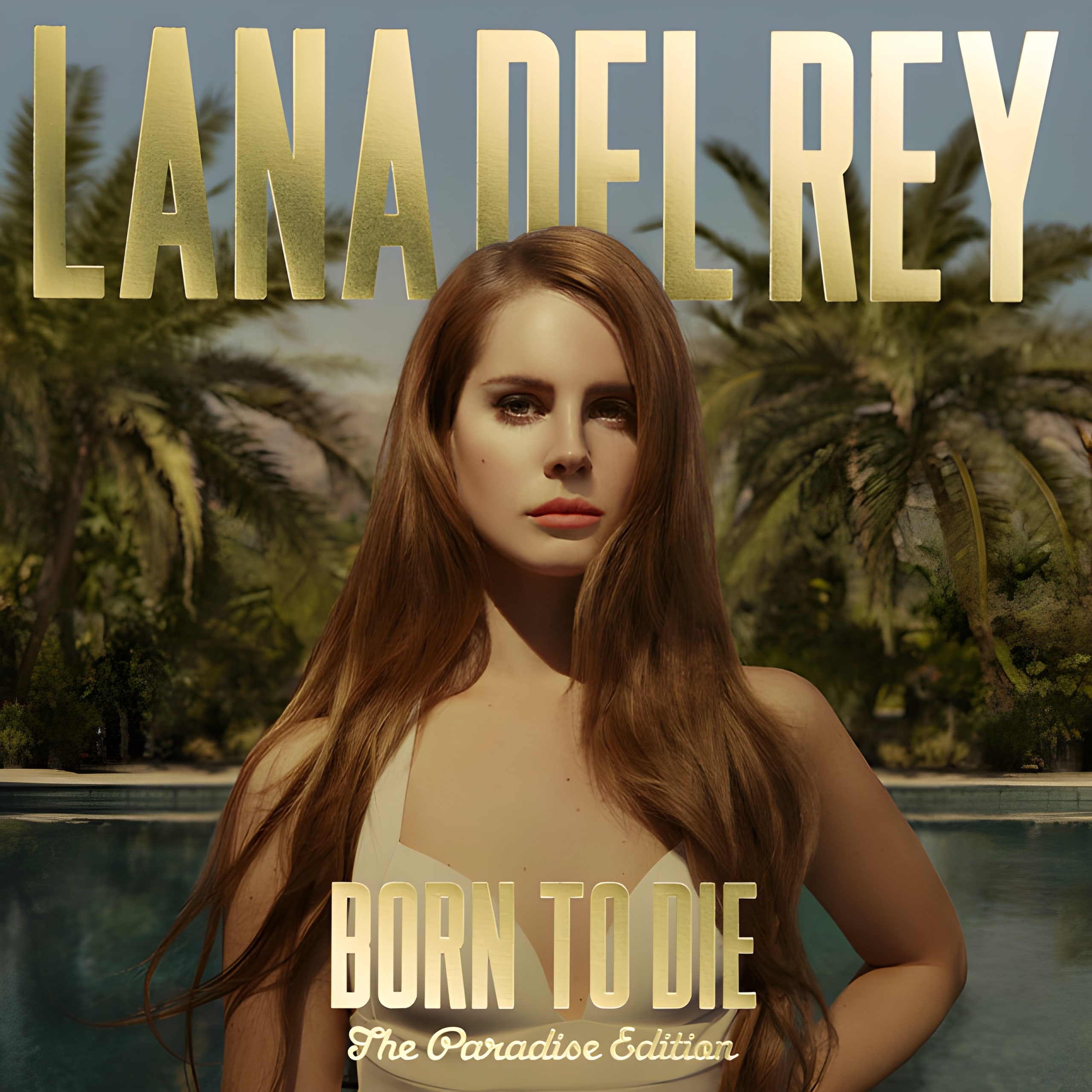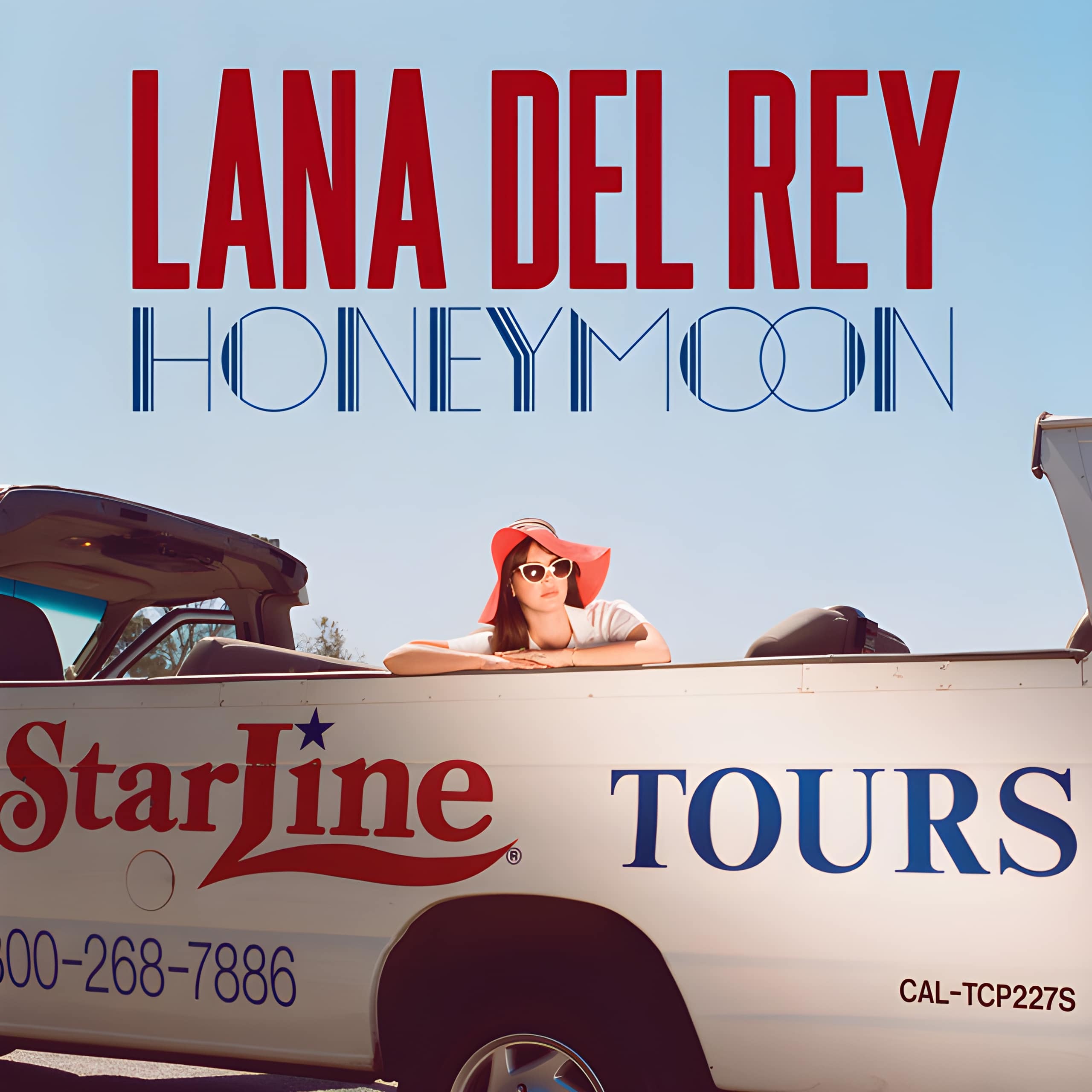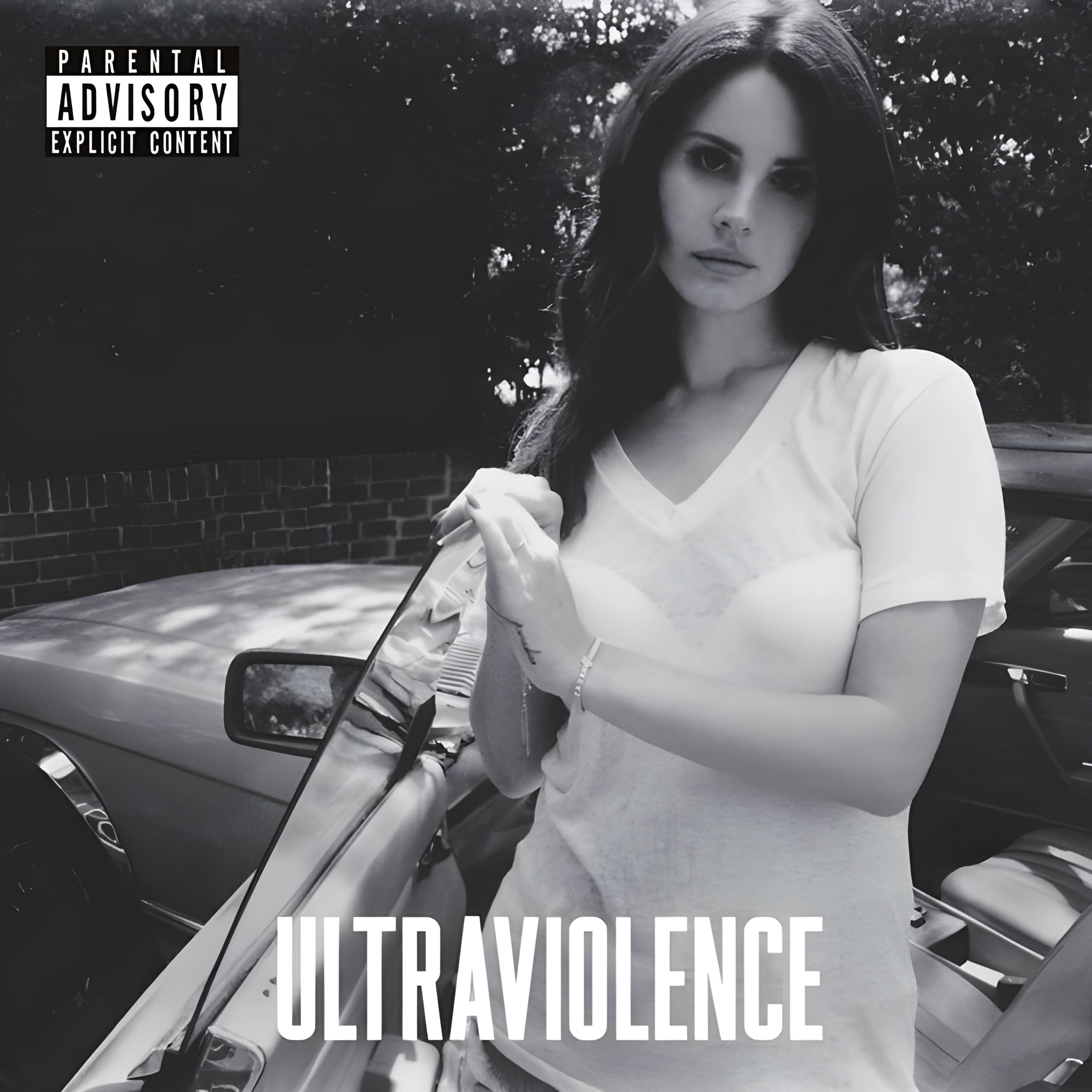Released: 2014
Lana Del Rey’s “Ultraviolence” is a haunting melody that wraps the listener in layers of complex emotions and stark imagery. At first blush, the song seems to romanticize a turbulent, if not outright abusive, relationship, but a deeper dive reveals a narrative rich with symbolism and a critical look at the glorification of such dynamics. Lana crafts a world where beauty is intertwined with pain, questioning the boundaries of love and violence.
The nickname “DN,” or “Deadly Nightshade,” encapsulates the song’s essence. It’s a poisonous plant, sure, but it’s also known for its seductive beauty. This duality runs through the song, portraying a relationship that’s as intoxicating as it is toxic. When Lana sings about Jim – a figure whose name echoes through the verses – there’s an underlying critique of romanticizing harmful relationships. The line “He hit me and it felt like a kiss” is a direct reference to a controversial history where pain is misconceived as an act of love, challenging the listener to reconsider the narrative typically associated with passion and violence.
The chorus, with its repetition of “Ultraviolence,” serves not just as a catchy hook but as a mantra, emphasizing the extreme nature of the relationship Lana describes. The contrasting images of hearing “sirens” alongside “violins” illustrate the conflict between danger and romance, highlighting how closely pain and pleasure can be linked in the throes of intense relationships. This juxtaposition asks the audience to reflect on the fine line between passionate love and destructive behavior.
Moving through the song, Lana invokes images of New York and Woodstock, tying personal experiences of love and pain to broader cultural moments. These references not only ground the song in a specific temporal context but also suggest a yearning for an idealized past where love was pure and unburdened by the complexities of the present. The phrase “Heaven is on Earth” juxtaposed with the proclamation of eternal love through lines like “I love you the first time, I love you the last time” captures the breadth of emotion tied to such a tumultuous relationship.
The inclusion of phrases in Spanish, “Yo soy la princesa, comprende mis white lines,” further adds to the song’s richness, indicating a blend of cultures and identities. Lana portrays herself as both a jazz singer and the beloved of a cult leader, reinforcing the theme of devotion in the face of danger and the complexity of the identities we adopt in love.
In summary, “Ultraviolence” by Lana Del Rey is a masterful exploration of the allure and peril of a relationship that blurs the lines between love and harm. Through vivid imagery and poetic lyrics, Lana invites her listeners into a discussion on the nature of love, violence, and the sacrifices one is willing to make in the name of passion. The song challenges the romanticization of toxicity in relationships, asking us to look closely at where we draw our lines and why.
